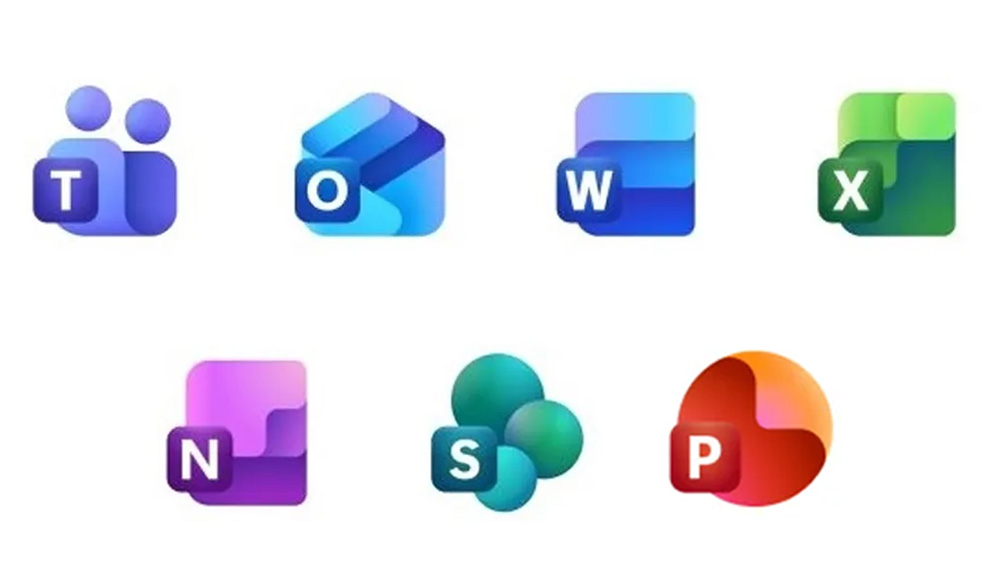OpenAI Countersues Elon Musk Amid Fierce Rivalry Over AI's Future

In a recent development within the contentious relationship between OpenAI and billionaire entrepreneur Elon Musk, OpenAI has made headlines with a bold legal move. The company has countersued Musk, alleging a persistent pattern of harassment that they claim is intended to slow down their operations for Musk's personal advantage. This legal battle has profound implications for the future of artificial intelligence and its governance.
The lawsuit comes in the wake of a larger ongoing dispute regarding OpenAI's transition to a for-profit structure, a shift that has drawn significant scrutiny and concern from various stakeholders, including Musk himself. OpenAI has requested a federal judge to impose restrictions on Musk, seeking to prevent any further unlawful and unfair action against the organization as they navigate their growth and structural changes.
OpenAI's accusations against Musk are serious; they allege that he has utilized bad-faith tactics to undermine their business efforts. According to OpenAI, Musk has made numerous attempts to thwart their progress, arguing that his actions are self-serving rather than aimed at the betterment of AI technology. Musks public stance has been critical of OpenAI's move to profit-driven operations, claiming that such a transition contradicts the core mission of benefiting humanity through AI.
OpenAI is facing a pressing deadline: the organization must finalize its transition to a for-profit model by the end of the year if it intends to secure the full amount of its ongoing fundraising efforts, which currently stands at an ambitious $40 billion. Failure to complete this transition could lead to a significant reduction in funding, potentially halving the amount to just $20 billiona substantial setback for any ambitious tech company.
In a scathing part of the lawsuit, OpenAI accused Musk of employing a range of tactics to damage their reputation and operations. This includes orchestrating press attacks, launching campaigns aimed at his vast following of over 200 million on social media, and initiating what they describe as harassing legal claims. Moreover, they allege that Musk's pursuit of OpenAI's assets is a sham designed to further undermine their market position.
On the other hand, Musks legal counsel has pointed to a previously rejected unsolicited takeover bid valued at $97.4 billion that was offered by a consortium led by Musk himself. They argue that OpenAI's Board failed to adequately consider this proposal, insinuating that there were ulterior motives behind their decision. They contend that the refusal to engage with the bid reflects poorly on OpenAIs leadership and decision-making processes.
As the rivalry continues to escalate, the implications for the AI industry at large are significant. This legal battle not only highlights the fierce competition between Musk and OpenAI but also raises critical questions about the commercialization of AI and the ethical considerations that come with it.
This unfolding situation is of particular interest to investors and tech enthusiasts alike, especially as the stock market watches closely to see how OpenAIs decisions will affect their standing among AI stocks. Recently, a list highlighting 14 AI stocks capturing Wall Street's attention was published, and it will be intriguing to see where OpenAI and its competitors stand as this story continues to develop.
In conjunction with the ongoing headlines, we encourage readers to explore additional articles, including our list of 10 AI Stocks to Watch Now and 9 Trending AI Stocks Making Headlines Today.























